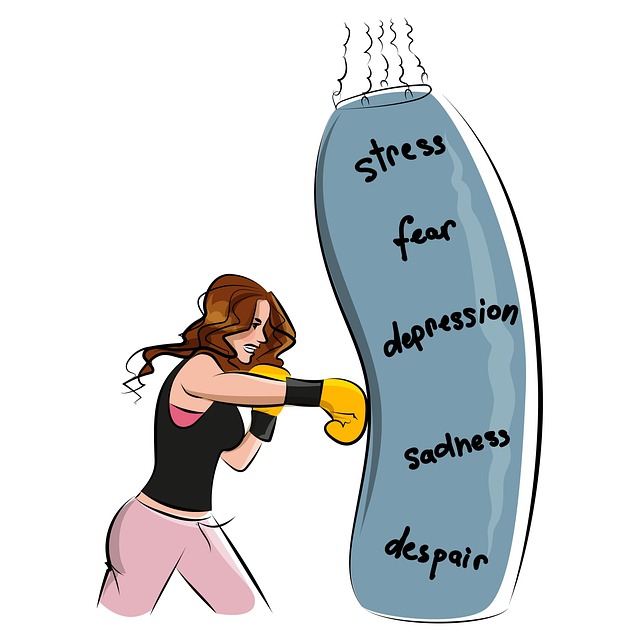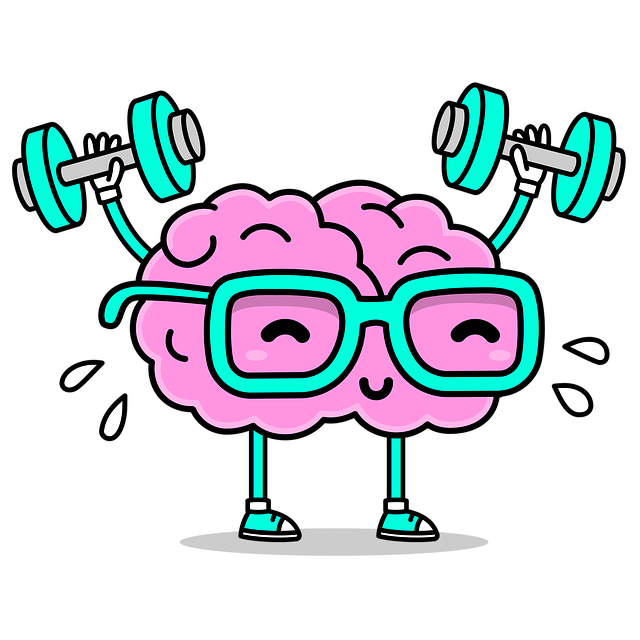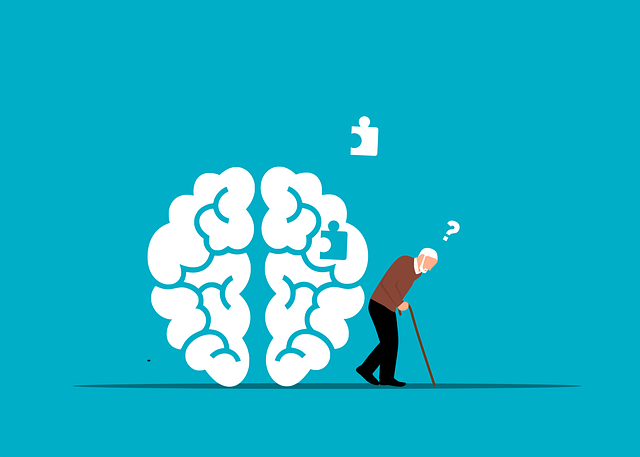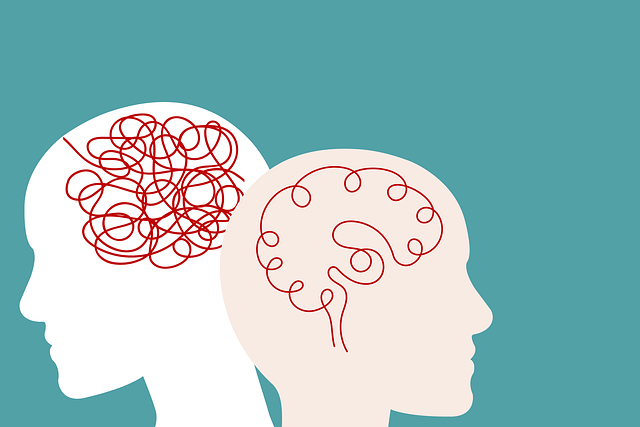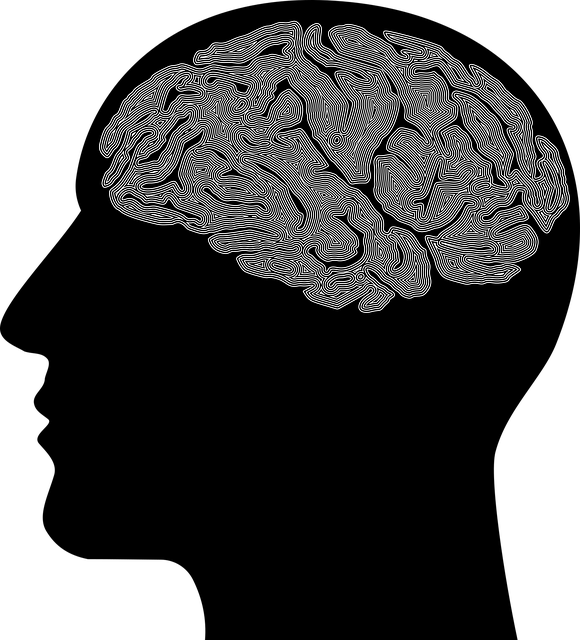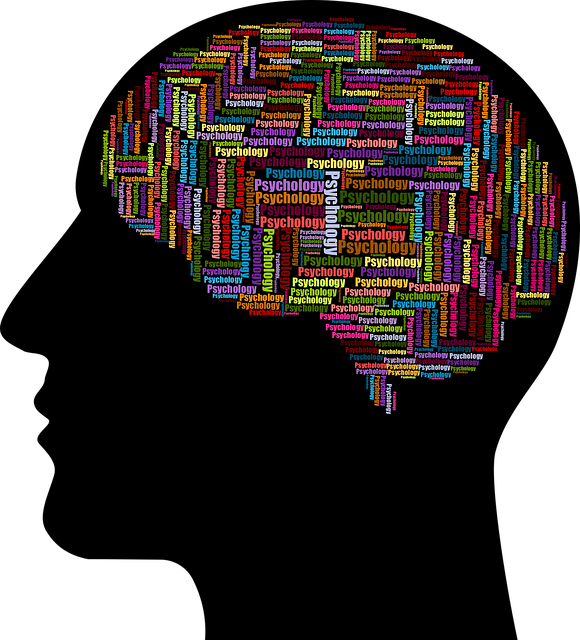Social Skills Training (SST) is a holistic therapy empowering elders with tools for effective social navigation, communication, and emotional regulation. Incorporating role-playing, group discussions, and play therapy, SST improves confidence, reduces anxiety, and enhances quality of life for seniors facing isolation or mental health challenges. Play therapy, specifically, uses games and imaginative play to boost self-esteem, emotional intelligence, and social skills in elders, addressing the profound link between social connections and mental wellness. SST can be tailored to diverse needs, integrating Compassion Cultivation Practices for positive interactions and advocating for accessible policies to support emotional healing through social engagement.
Social skills training is a powerful tool for improving mental health, offering a holistic approach to well-being. This article explores the impact of social isolation on mental health conditions and presents play therapy as an effective method to enhance social interaction among elders. We delve into various strategies and techniques for social skills training across different mental health contexts. Understanding these methods is crucial for professionals aiming to provide comprehensive care, ultimately revolutionizing support for those facing social challenges.
- Understanding Social Skills Training: A Holistic Approach to Mental Well-being
- The Impact of Social Isolation and its Connection to Mental Health Conditions
- Play Therapy as a Tool for Enhancing Social Interaction in Elders
- Strategies and Techniques for Effective Social Skills Training in Various Mental Health Contexts
Understanding Social Skills Training: A Holistic Approach to Mental Well-being

Social Skills Training (SST) is a holistic approach to mental well-being that focuses on empowering individuals with the ability to navigate social interactions effectively. This therapy goes beyond traditional talk therapy by incorporating practical strategies and techniques tailored to each person’s unique needs. SST aims to enhance communication skills, improve emotional regulation, and foster meaningful connections, thereby promoting mental health recovery. By participating in role-playing scenarios, group discussions, and interactive activities, individuals learn to express themselves confidently, interpret social cues accurately, and respond appropriately to different situations.
This approach is particularly beneficial for elders seeking therapy or those struggling with conditions like anxiety. Play therapy techniques within SST can help seniors regain a sense of control and improve their overall quality of life. By developing inner strength through these coaching programs, individuals can better manage stress, reduce anxiety relief, and enhance their social participation. SST’s holistic nature ensures that mental wellness is cultivated not just through words but also by creating practical tools for real-life situations, ultimately leading to more fulfilling social interactions and improved mental health outcomes.
The Impact of Social Isolation and its Connection to Mental Health Conditions

Social isolation has profound effects on mental health, particularly among older adults. As our society becomes increasingly digitalized, the risk of feeling disconnected from others rises. This sense of disconnection can exacerbate existing mental health conditions such as depression and anxiety, leading to a decline in overall emotional well-being. The absence of social interaction and meaningful connections can result in a vicious cycle where isolation breeds negative thoughts and feelings, which in turn may discourage individuals from seeking help or participating in therapeutic activities.
Addressing social isolation through targeted interventions like play therapy or group support sessions can be transformative. Incorporating cultural sensitivity in mental healthcare practice ensures that diverse populations feel seen and heard. Additionally, promoting emotional well-being through techniques such as mindfulness meditation has been shown to enhance coping skills and foster a sense of belonging. By recognizing the intricate link between social connections and mental health, therapy for elders becomes not just a treatment but a pathway towards a more fulfilling and connected life.
Play Therapy as a Tool for Enhancing Social Interaction in Elders

Play Therapy offers a unique and effective approach to enhance social interaction in elders suffering from mental health conditions. By incorporating games, imaginative play, and creative activities, this therapy caters to an individual’s natural inclination towards play, making it an engaging process for older adults. Through these means, elders can develop essential social skills, improve emotional intelligence, and learn coping mechanisms that facilitate meaningful connections with peers and caregivers.
This therapeutic method goes beyond mere entertainment; it focuses on building self-esteem, encouraging communication, and fostering a sense of belonging. By participating in Play Therapy, elders can reduce stress levels, enhance their problem-solving abilities, and rediscover joy in social interactions. Tailored to each individual’s needs, this approach is particularly beneficial for those facing challenges related to age-related cognitive decline or social isolation, enabling them to navigate social situations with greater confidence and ease.
Strategies and Techniques for Effective Social Skills Training in Various Mental Health Contexts

Social Skills Training (SST) is a versatile therapeutic approach that can be tailored to meet the unique needs of individuals with various mental health conditions. For older adults, SST often focuses on enhancing social interactions and improving communication skills to combat loneliness and isolation. Techniques may include role-playing scenarios designed to practice conversation starters and active listening, fostering a sense of comfort in social settings. Play therapy, on the other hand, is particularly beneficial for children and adolescents dealing with trauma or emotional distress. Through creative play, therapists help clients express themselves, process emotions, and develop essential social cues.
In diverse mental health contexts, strategies such as Compassion Cultivation Practices (CCP) can be integrated into SST. CCP encourages individuals to cultivate awareness, empathy, and kindness towards oneself and others, promoting positive social interactions. Additionally, Mental Health Policy Analysis and Advocacy plays a crucial role in ensuring accessible and effective SST for all, addressing systemic barriers and advocating for evidence-based practices. The goal is to empower clients with the skills needed to navigate social environments while also supporting their Emotional Healing Processes by providing safe spaces for expression and connection.
Social skills training, incorporating approaches like play therapy, plays a pivotal role in enhancing mental well-being, especially for individuals dealing with various mental health conditions. By addressing social isolation—a significant contributor to many mental health issues—these interventions facilitate better interaction and connection, ultimately fostering a more supportive and resilient mindset. As we’ve explored, strategies tailored to different contexts, including play therapy for elders, offer promising paths towards improved social integration and overall mental health.

